About The New York Council on Problem Gambling
Mission
The New York Council on Problem Gambling is a not-for-profit independent corporation dedicated to increasing public awareness about problem and disordered gambling and advocating for support services and treatment for persons adversely affected by problem gambling. NYCPG maintains a neutral stance on gambling and is governed by a Board of Directors.
History
In 1972, the Board of Trustees of Gamblers Anonymous in the New York City area requested their Spiritual Advisor, Monsignor Dunne, establish a Council on Problem Gambling to do what they could not do because of anonymity- call national attention and raise awareness of problem gambling in the United States. The National Council on Problem Gambling was founded at that time and in 1975, was chartered as a nonprofit organization.
Initially organized by an alliance of health professionals and recovering gamblers, the National Council benefited from the work of pioneers such as Dr. Robert Custer and Monsignor Joseph Dunne of New York. Until the National Council decided to relocate its headquarters to Washington, D.C., the National Council and NYCPG were in essence one and the same. In fact, money was provided by the New York State Office of Mental Health to maintain the National Council on Problem Gambling Helpline. NYCPG was formally incorporated in 1994.
Today, NYCPG is funded by the New York State Office of Addiction Services and Supports and works with various organizations, stakeholders and government entities to:
- Produce and disseminate information leading to increased recognition, prevention and treatment of problem gambling.
- Conduct and publicly support research activities to establish and document areas of need.
- Provide training tools to healthcare and other professionals for the purpose of assessing and treating persons with gambling-related problems.
- Foster expanded and improved services for residents adversely affected by gambling.
- Assist industry and business leaders in developing customer- and employee-based problem gambling awareness programs.
- Conduct workshops and conferences.
NYCPG strives to meet the ongoing and evolving need to address problem gambling in NYS as gambling and the associated problems continue to expand in various forms throughout the state.
Staff
-
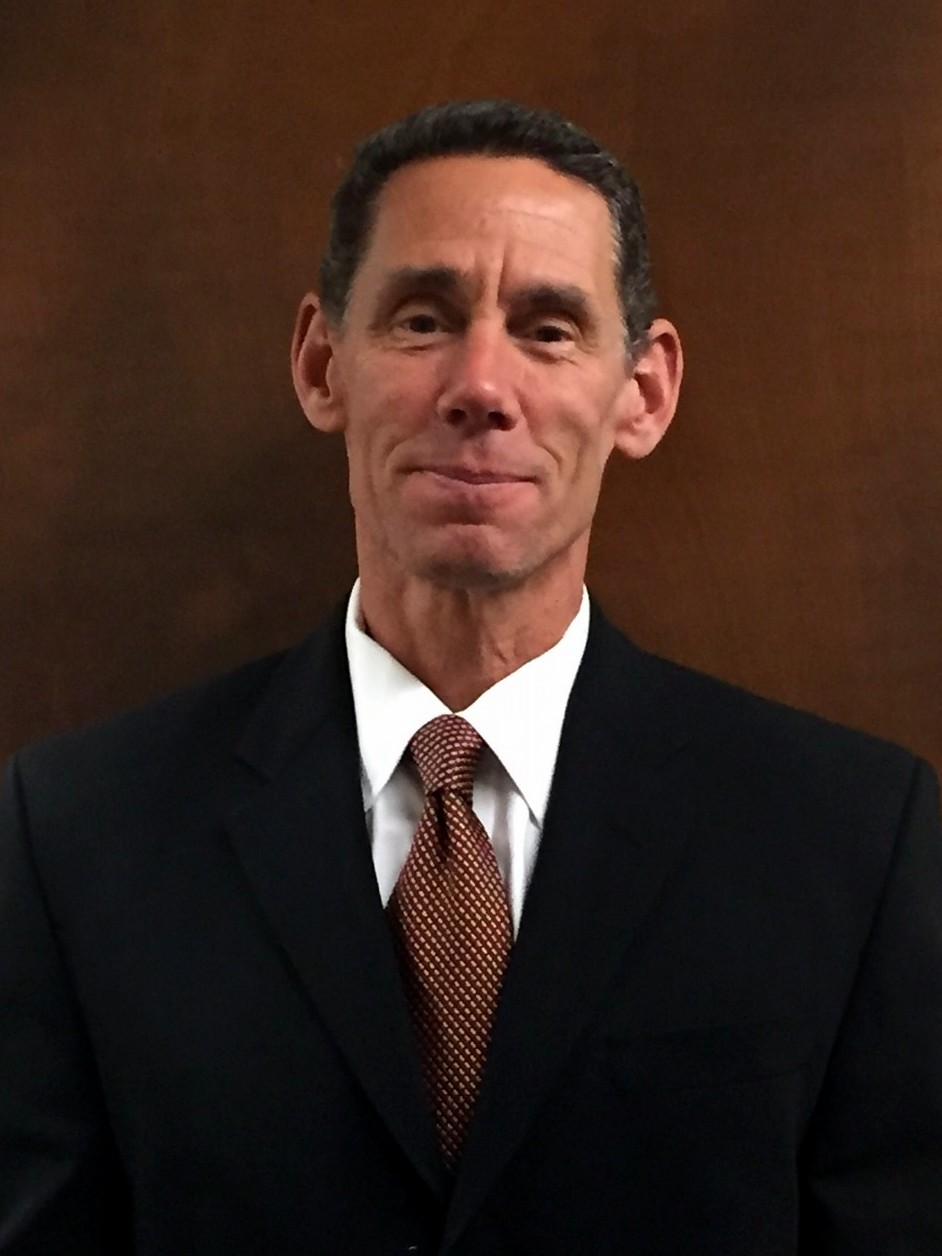
-

Mariangela Milea
Assistant Executive Director of Administration -
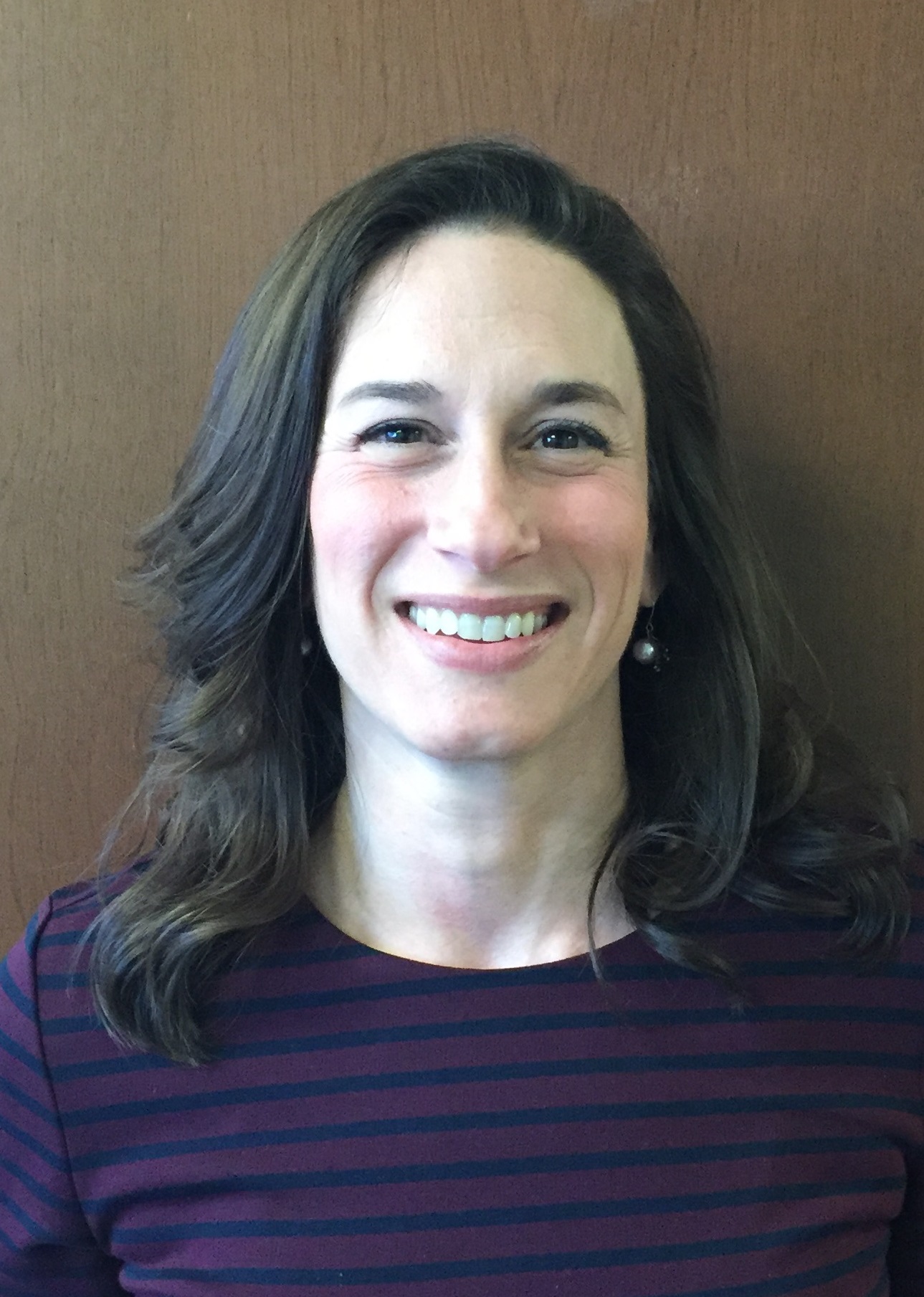
-
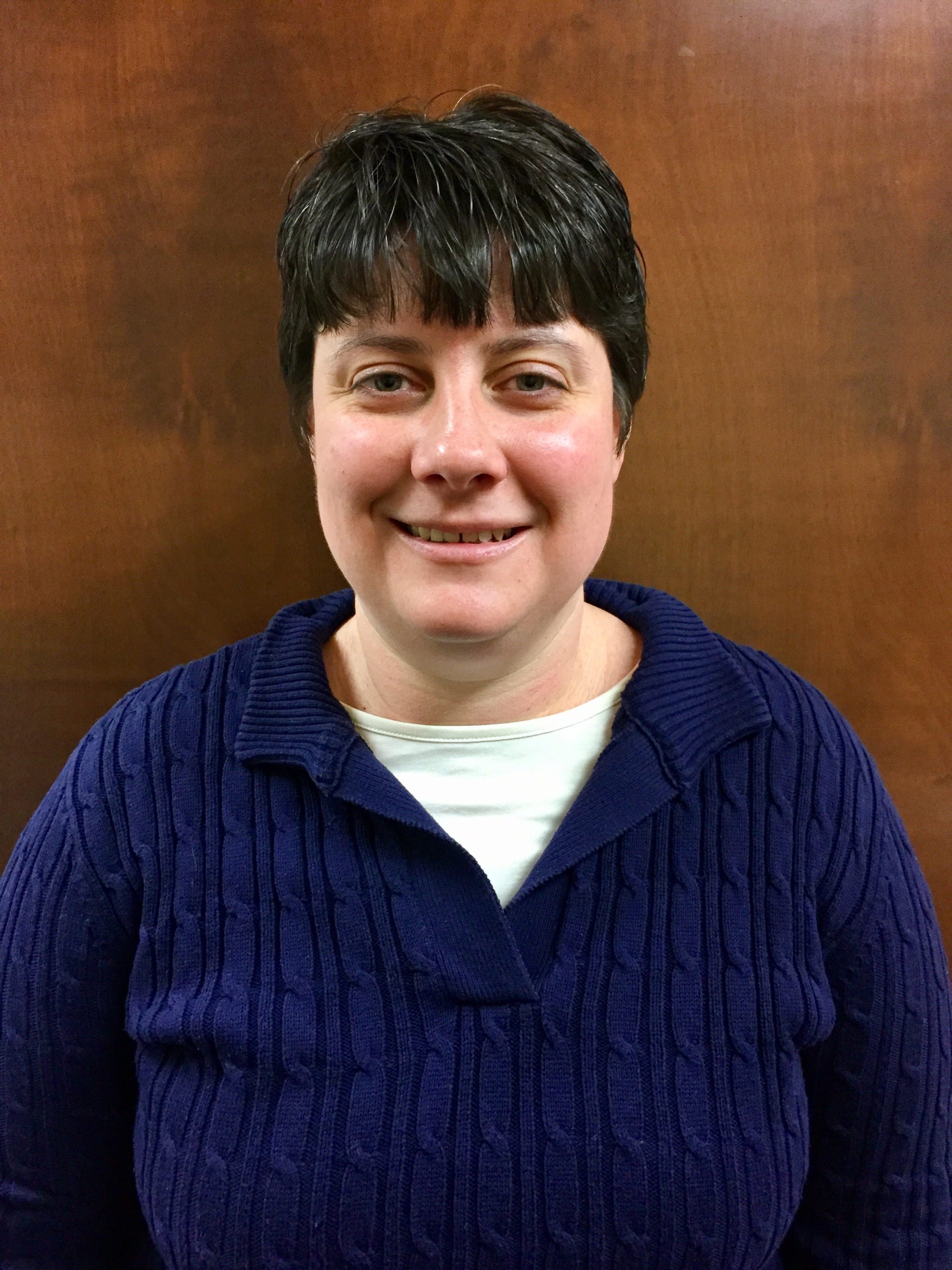
Jenn Wood
Director - Bureau of Information Management Systems -
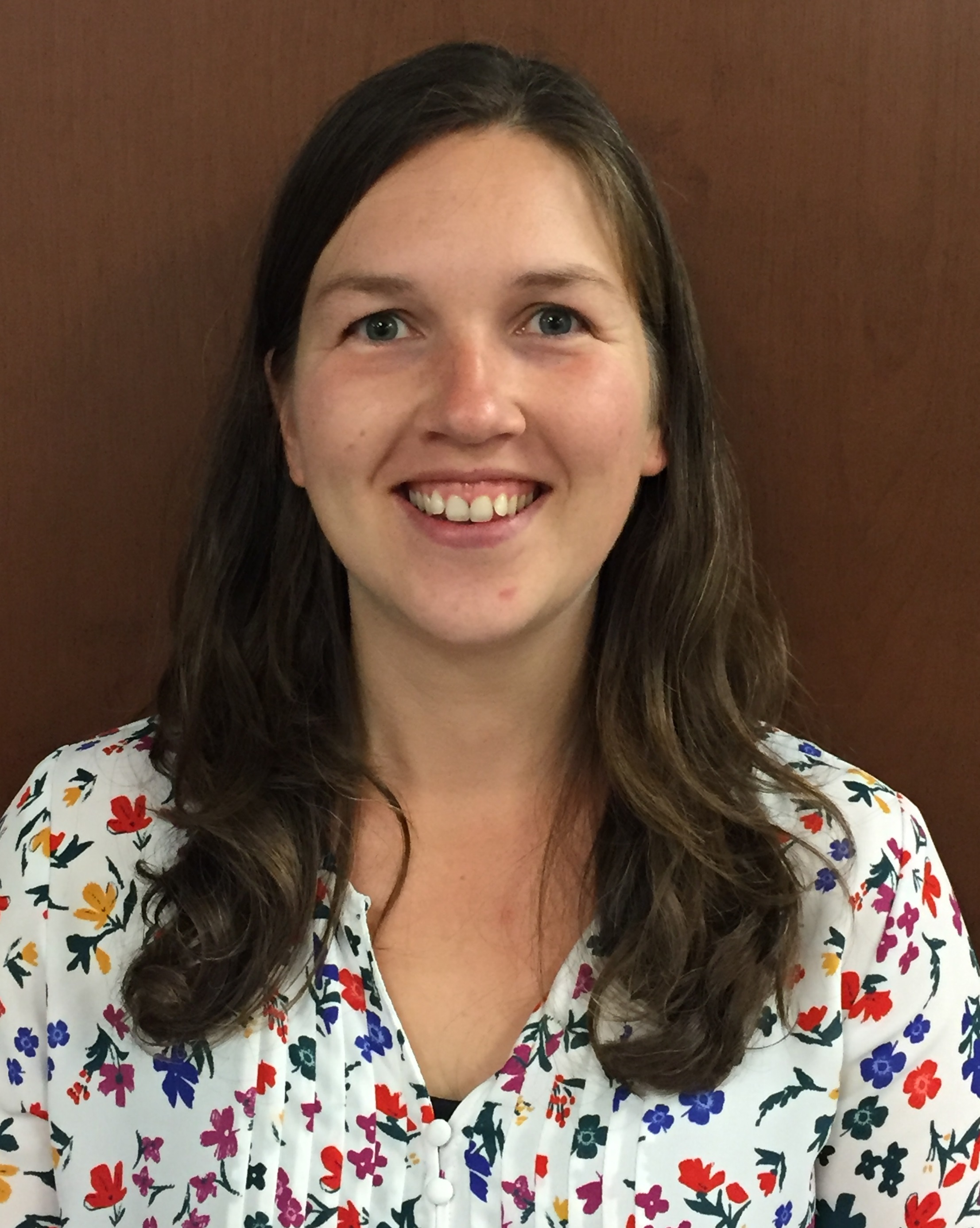
-
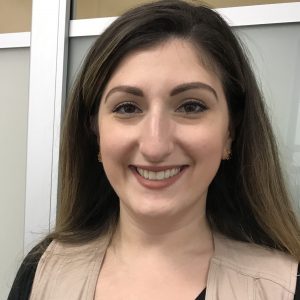
-
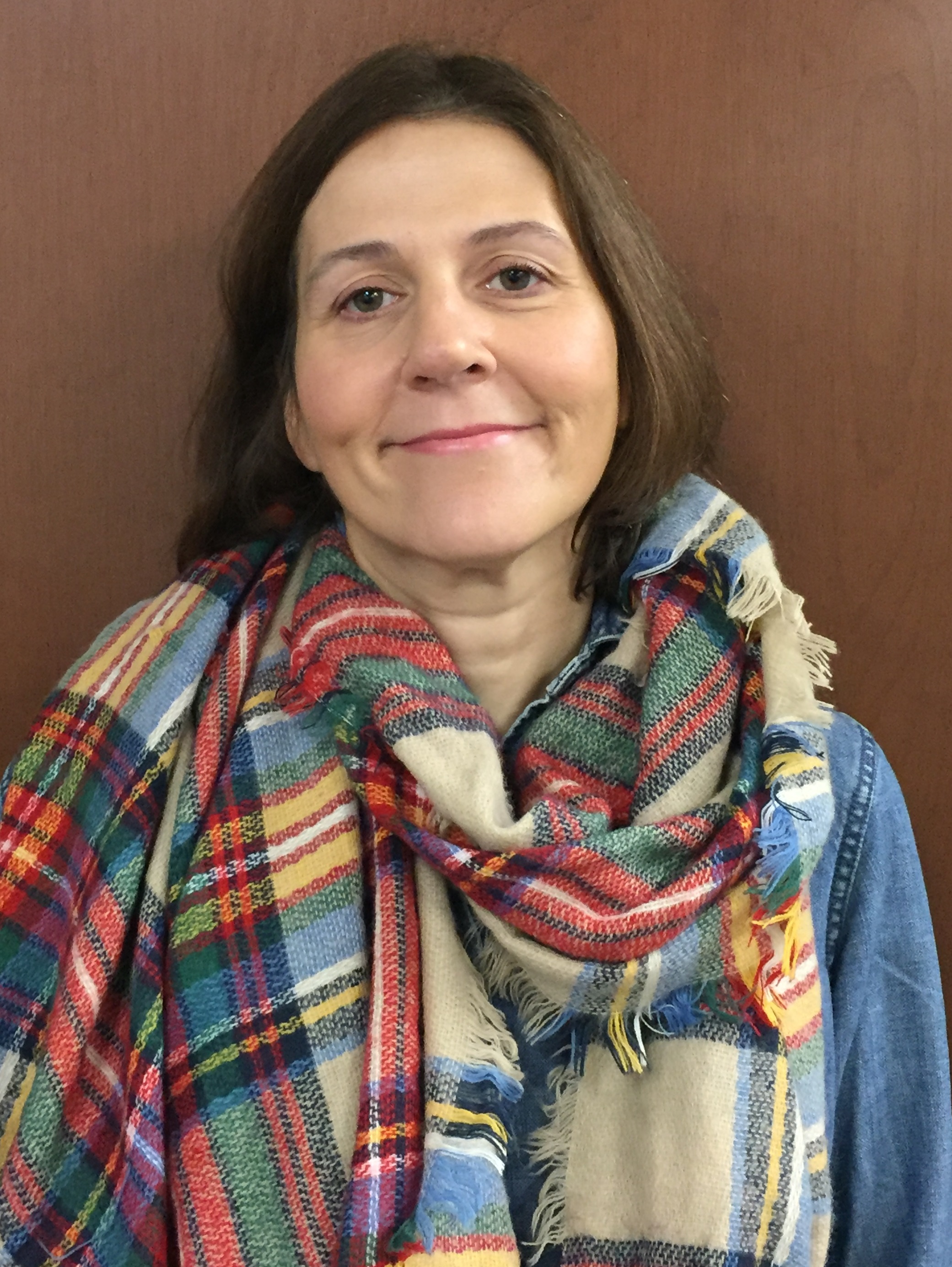
-
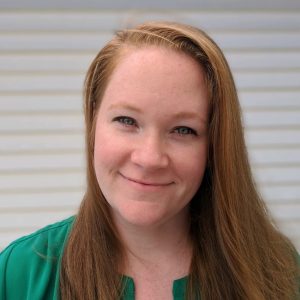
Pam Brenner-Davis
Director, Bureau of Prevention and Special Programs -
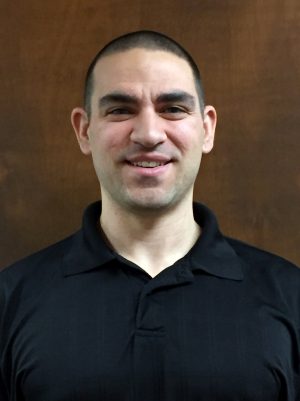
-
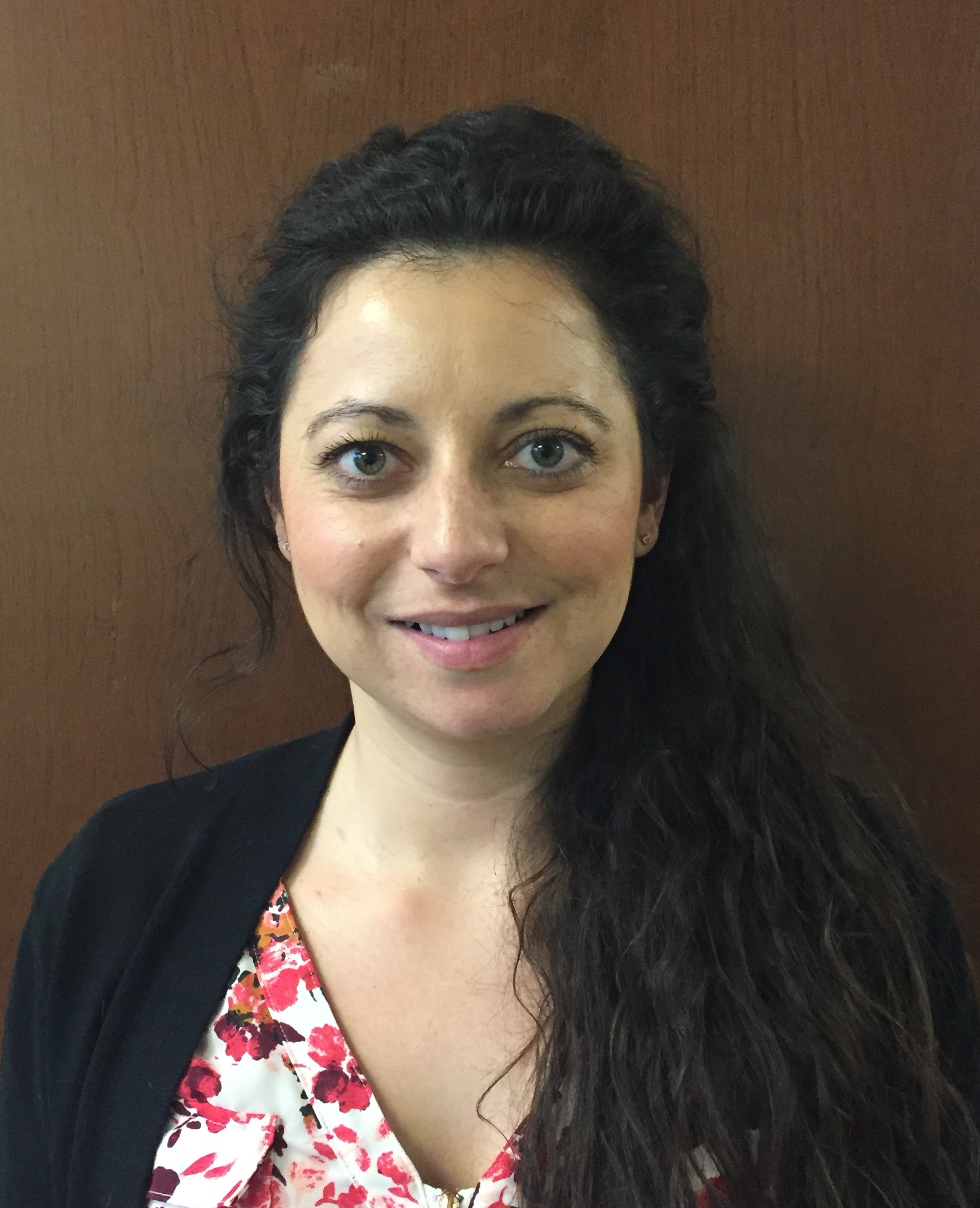
-
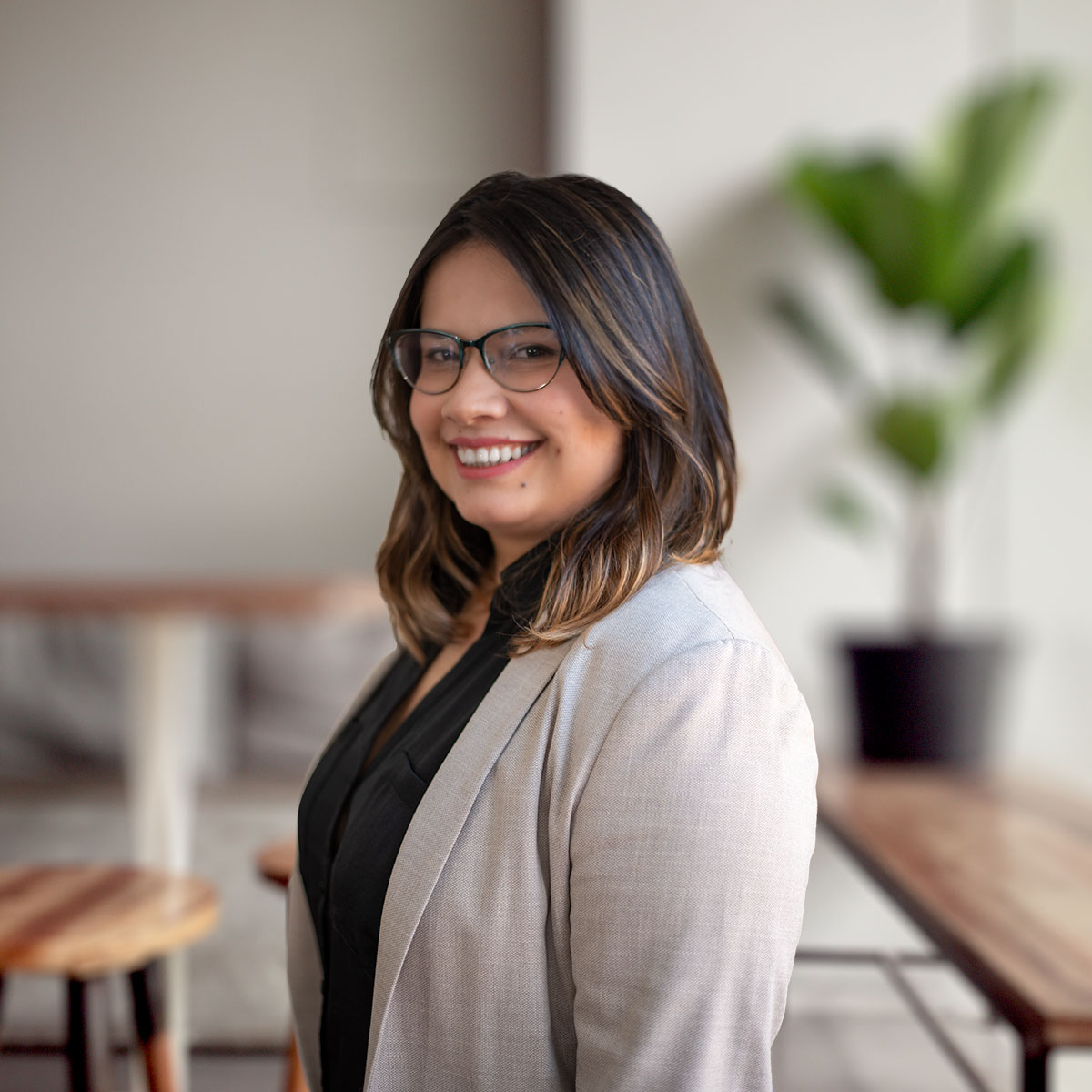
-
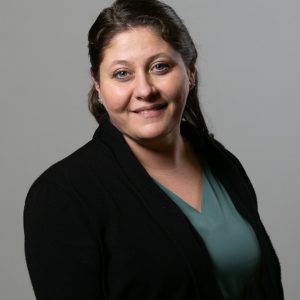
Diana Reuter
Director, Bureau of Training and Marketing/ Communications -

-

-
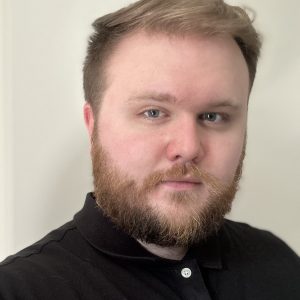
-
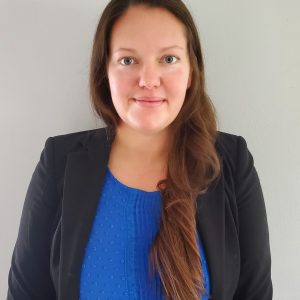
-
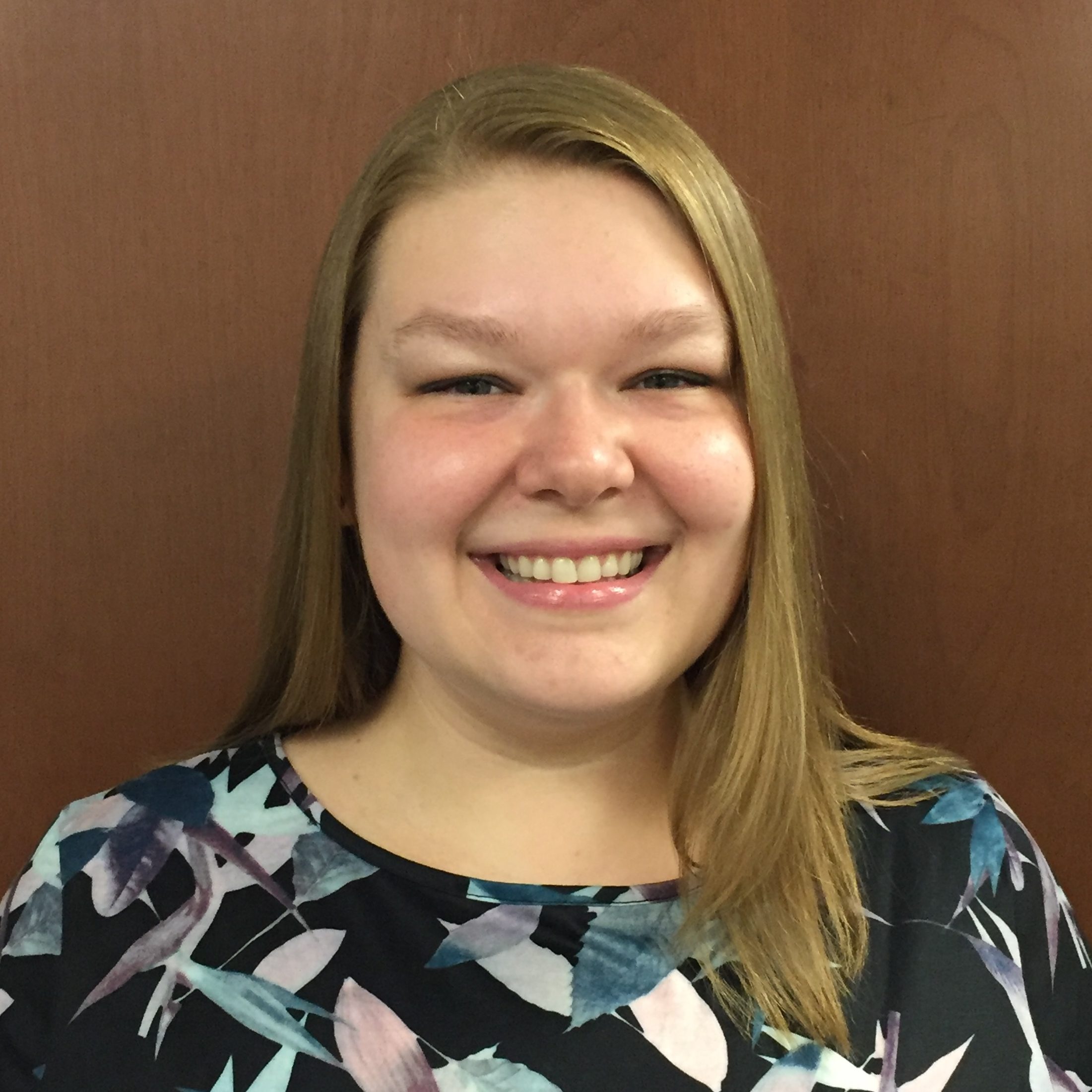
-

-
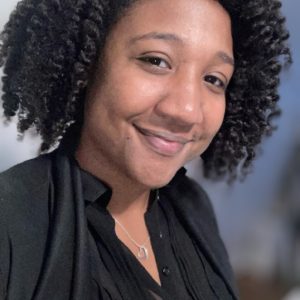
PGRC Staff- Long Island
Phylicia Richardson- Program Manager -
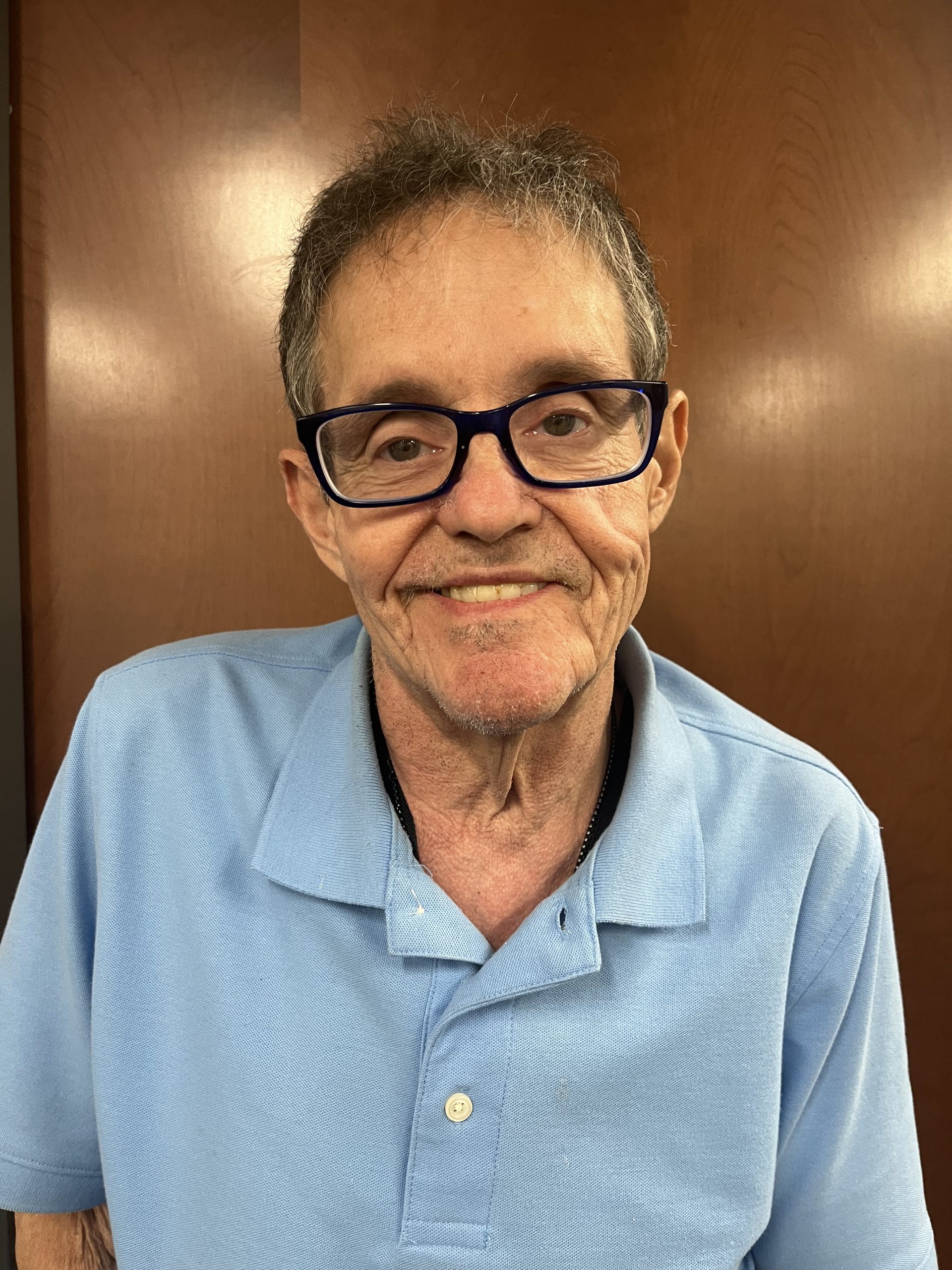
-
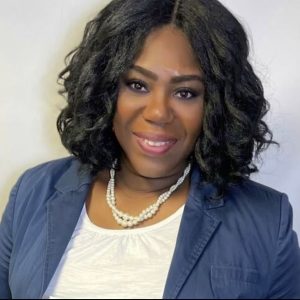
-
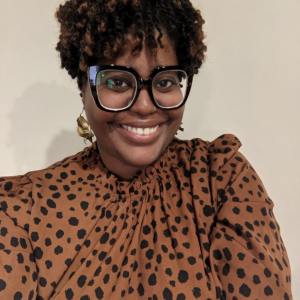
-
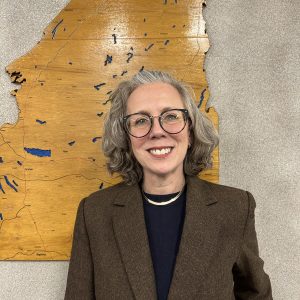
-
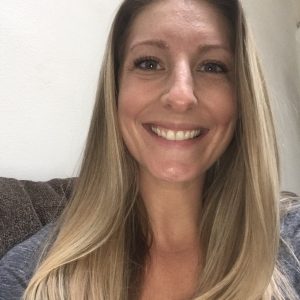
-
-

-
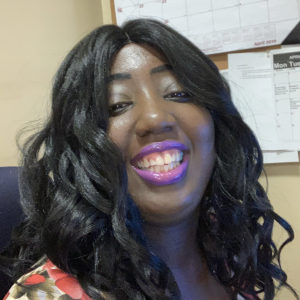
-
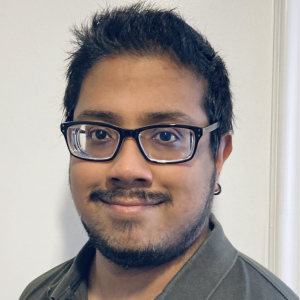
-

-
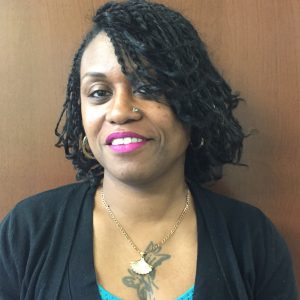
-
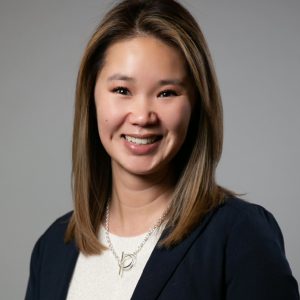
-
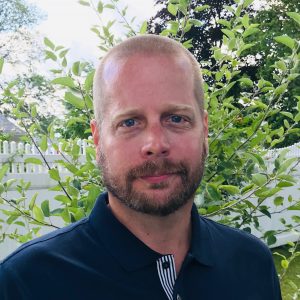
-
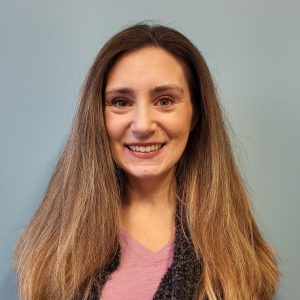
Board of Directors
- Steve Block, CPGC, NCGC-II
- Edelgard Wulfert, Ph.D 1st Vice President, Chair, Research Committee, Personnel Committee
SUNY Albany SS 251
1400 Washington Avenue
Albany, NY 12222
Phone: (518) 442-4825
[email protected]
- Gloria Block, MS Ed Secretary, Chair, Nominating Committee
51 Stanley Circle
Staten Island, NY 10308
Phone: (917) 846-2558
[email protected]
- Maureen Corbett, MS 2nd Vice President, Chair Personnel Committee, Audit and Finance Committee
801 Fifth Street
Watervliet, NY 12189
Phone: (518) 470-1738
[email protected]
- Joseph Barbera Nominating Committee, Research Committee
1506 North Avenue
New Rochelle, NY 10804
Phone: (914) 512-7312
[email protected]
- Mara Mendicino
- Michael Slavett, LCSW Treasurer, Recruitment Committee, Research Committee
Department of Veterans Affairs - Senior Social Worker
113 Holland Avenue
Albany, NY 12208
Phone: (518) 232-7145
[email protected]
- Cesar A. Sosa, CASAC-G Chair, Board of Directors Recruitment Committee
107-16 121st Street
South Richmond Hill , NY 11419
Phone: (347)285-2123
[email protected]
- Joan Cybulski, LMHC,PLLC, ICOGS, CASAC2-G CEAP, NCC, LPN, LAPC, LADC (NJ), CCDP-D
- Reid McCauley
- Leslie Waite, Psy.D. Nominating Committee
6 Chestnut Street
Castleton-on-Hudson, NY NY 12033-1506
Phone: (773) 633-3139
[email protected]
- Hugh Zuber
- Katherine M. West
- Melerena Back
Contact the New York Council on Problem Gambling
Interested in speaking to NYCPG about how you can raise awareness of problem gambling in your community through speeches or stories? Or are you a problem gambler in need of support? Contact us for more information or help.
New York Council on Problem Gambling
100 Great Oaks Blvd., Suite 104
Albany, NY 12203
Phone: 518-867-4084
Fax: 518-867-4087
[email protected]
For press inquiries or administrative questions, contact:
Jim Maney: [email protected]
For training center inquiries, contact:
Diana Reuter: [email protected]
For gaming industry relations, prevention, outreach and education, contact:
Michelle Hadden: [email protected]
For treatment and recovery, contact:
Rachel Lauria: [email protected]
NEED TO TALK NOW FOR YOURSELF OR SOMEONE YOU CARE ABOUT?
For 24/7 Support, Call the NYS OASAS HOPEline at 1-877-8HOPENY
It is important for those affected by the harms associated with gambling and people close to those with a gambling problem can suffer impacts that include conflicts in relationships, financial strain,
and feelings of anger, fear, shame or worry.
For more information and to get help, call the NYS OASAS HOPEline any time
at 1-877-846-7369.
For additional resources, please visit https://oasas.ny.gov/gambling or https://oasas.ny.gov/prevention/gambling

